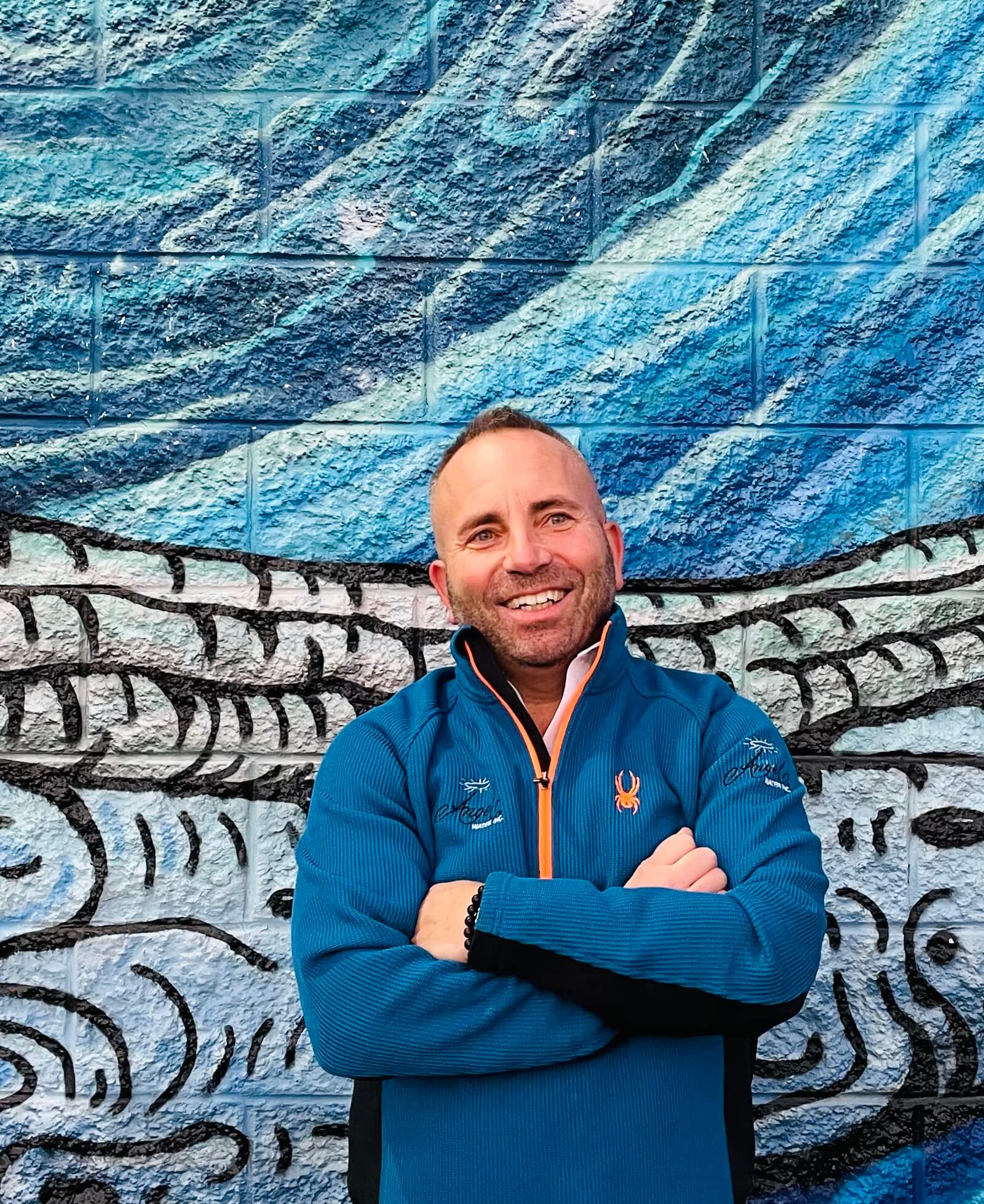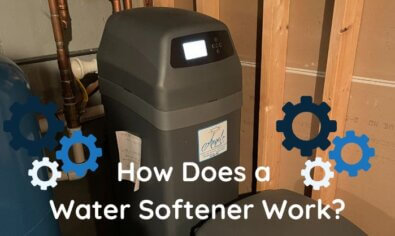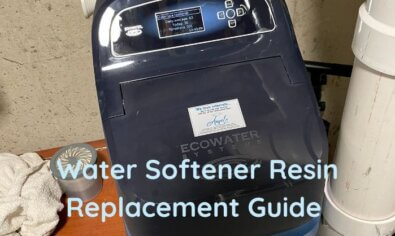Can You Trust Bottled Water Companies More Than a Water Purifier?
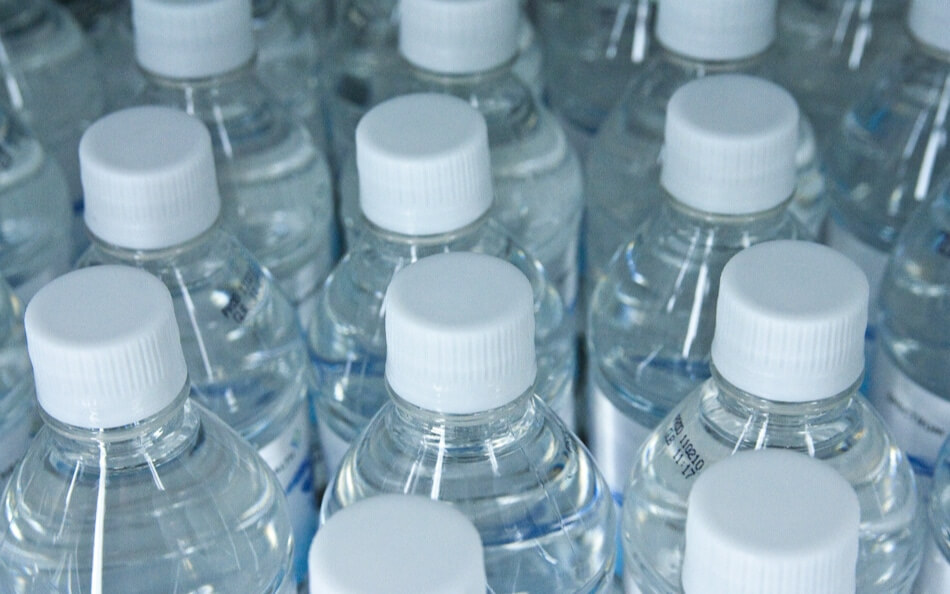
A Water Purifier Won’t Mislead You—But Bottled Water Companies Might
When you buy bottled water you probably get a feeling of good health and well-being. After all, bottled water comes from natural springs and mountains and glaciers and goes through treatment in a high-end water purifier, right?
Should you really trust bottled water companies, though? What’s the track record of these companies that manufacture and distribute the bottled water that you buy?
The truth is that bottled water companies have a long-standing record of having no problem bending the truth and misleading consumers about the overall quality of their products. They’re held to lower standards than municipal water, and as a result have been caught deceiving the public about both the sources of their water and the treatment they put it through.
We’ve already done an overview of how bottled water compares to tap water in terms of the impact on our environment, our wallets, and our health. This time, let’s take a closer look specifically at just how trustworthy these bottled water companies really are.
Where Does Bottled Water Really Come From?
It sounds like a conspiracy theory. It sounds like something that almost certainly has to be illegal and there’s no way it’s happening. Yet at the same time it also sounds like exactly the sort of thing you’d expect from corporations these days.
Are bottled water companies just bottling the tap water you get for free and then selling it to you with a nice label for massive profits?
In 2007, PepsiCo was forced to admit that it was doing exactly that with its Aquafina brand 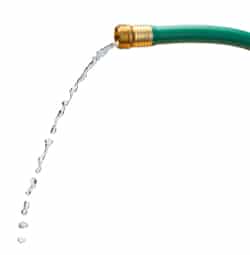 of bottled water. Before Corporate Accountability International pressured them to change their labeling, Aquafina was labelled “P.W.S.” After they buckled under the pressure, they spelled out what the letters stood for: “public water supply.” That’s right—tap water.
of bottled water. Before Corporate Accountability International pressured them to change their labeling, Aquafina was labelled “P.W.S.” After they buckled under the pressure, they spelled out what the letters stood for: “public water supply.” That’s right—tap water.
This is far from the only time this has happened, though. In 2012, a business right here in Chicago filed a class-action lawsuit against Nestlé for false advertising. Nestlé had been marketing 5-gallon jugs of its Ice Mountain brand drinking water as natural spring water, when in reality it was just regular tap water.
Nowadays, bottled water companies are increasingly repackaging tap water after some minor treatment with a filter or water purifier. Nearly half of all bottled water is from municipal sources, including top brands like Pepsi’s Aquafina and Coca-Cola’s Dasani. Next time you’re drinking bottled water, check the label to see where it’s sourced from—it might be the same water you get for free from the faucet!
Even when the water really is spring water, the companies often mislead consumers about where it’s really coming from. In 2003, Nestlé had to pay out over $10 million in a lawsuit regarding their Poland Spring brand of bottled water. Their marketing had claimed that this water was from Poland Spring, a pristine source of natural spring water in a forest in Maine. However, the suit revealed that the water actually came from for separate sources, one of which is 35 miles away from Poland Spring.
If bottled water manufacturers aren’t honest with you about where the water comes from, what else might they be hiding?
Do Bottled Water Companies Use a High-Tech Water Purifier?
Aside from being sourced from pristine natural sources, the other big selling point that 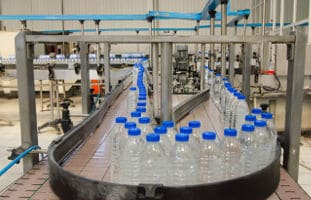 bottled water companies use to market their products is the rigorous water treatment processes they put the water through. “Pure” and “purified” are buzz words you see constantly in their advertising—but what do they actually do to purify it?
bottled water companies use to market their products is the rigorous water treatment processes they put the water through. “Pure” and “purified” are buzz words you see constantly in their advertising—but what do they actually do to purify it?
Angel Water Now Offers Free Water Tests!
Don’t Guess, Test! Get Your Free Water Test Now and Take Control of Your Water Quality.
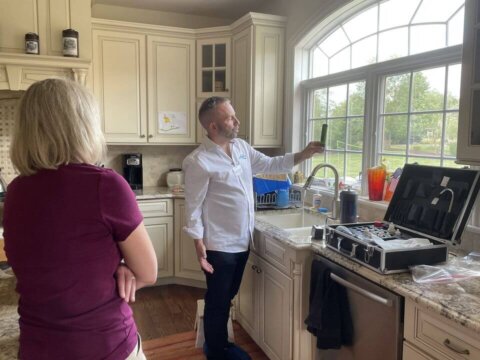
Sometimes, not much at all, especially when the water is from a “municipal source”. That’s because municipal water has already gone through a lot of treatment. The water purifier that the bottled water company then uses can sometimes consist of not much more than just a carbon filter.
This carbon filter, much like one you’d find in a Brita or other pitcher filter at home, doesn’t remove much except for chlorine. By removing the chlorine, which was added as a disinfectant, the taste of the water is improved. That’s why bottled water tastes “cleaner”.
Some bottled water companies claim to use reverse osmosis, but they’re few and far between. That’s because the process is expensive to perform on the scale that a manufacturer would need, and can reduce the water supply by 50 to 80 percent. With such low yield returns, many companies don’t consider it worth the trouble.
How do these companies get away with maintaining such low standards? Aren’t there agencies for this sort of thing? Can’t they demand the water be put through a high-end water purifier?
How Is Bottled Water Regulated?
The truth is that bottled water is far less regulated than tap water.
A big part of this is the number of levels at which it’s regulated. Municipal water has to meet standards set at the federal level, the state level, and the local level. These add onto each other as they get more local, so in the end municipal water has to pass three layers of increasingly strict regulation.
Bottled water bypasses a lot of that. First of all, it doesn’t have to adhere to local standards, since individual towns can’t all place different demands on the same bottled water being sold in all their stores. Second of all, they can often avoid state-level regulation as well. Many states don’t regulate bottled water much, and a company can get around regulations that are in place by distributing in a different state than the one where they extract and bottle the water.
So, if the federal government is the only level that has jurisdiction over bottled water, does it at least impose strict guidelines? Unfortunately, not really. For one thing, federal law doesn’t even require that bottled water includes the water’s place of origin on the label.
It’s true that bottled water has to meet the EPA’s limits on acceptable concentrations of various contaminants, but those are bare minimum regulations that tap water already usually meets. For example, Chicago water contains lead and radium in concentrations that are within the legal limit, but still above health guidelines. It also contains arsenic, chloroform, chromium, and other contaminants in smaller amounts.
So, if those guidelines aren’t enough, then bottled water and tap water both don’t seem to be totally safe and healthy. What do you do?
The answer is a high-performance water purifier from Angel Water. Our products provide reverse osmosis filtration that produces the highest-quality water, and our technicians have years of hands-on experience. If you’ve got your doubts about bottled water companies and you’re interested in a water purifier in Barrington, IL, or any other part of the greater Chicago area, give us a call at (847) 382-7800. You can’t go to the bottling facility and see where that water comes from, but you can see a water purifier making a difference right there in your home—so who do you trust?
Interested in a Water Softener System for Your Home?
You don’t have to live with a dry, itchy scalp and brittle hair anymore! It would be our pleasure to help you find the right water softener to make your showers enjoyable again.
Please give us a call at (847) 382-7800 or visit our water softener page to learn more.
